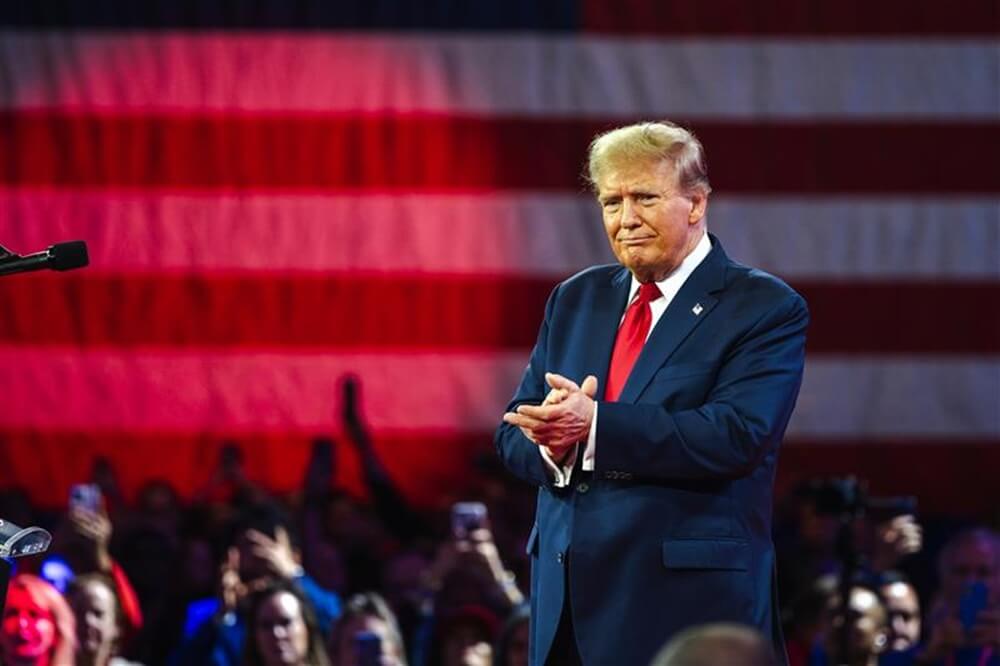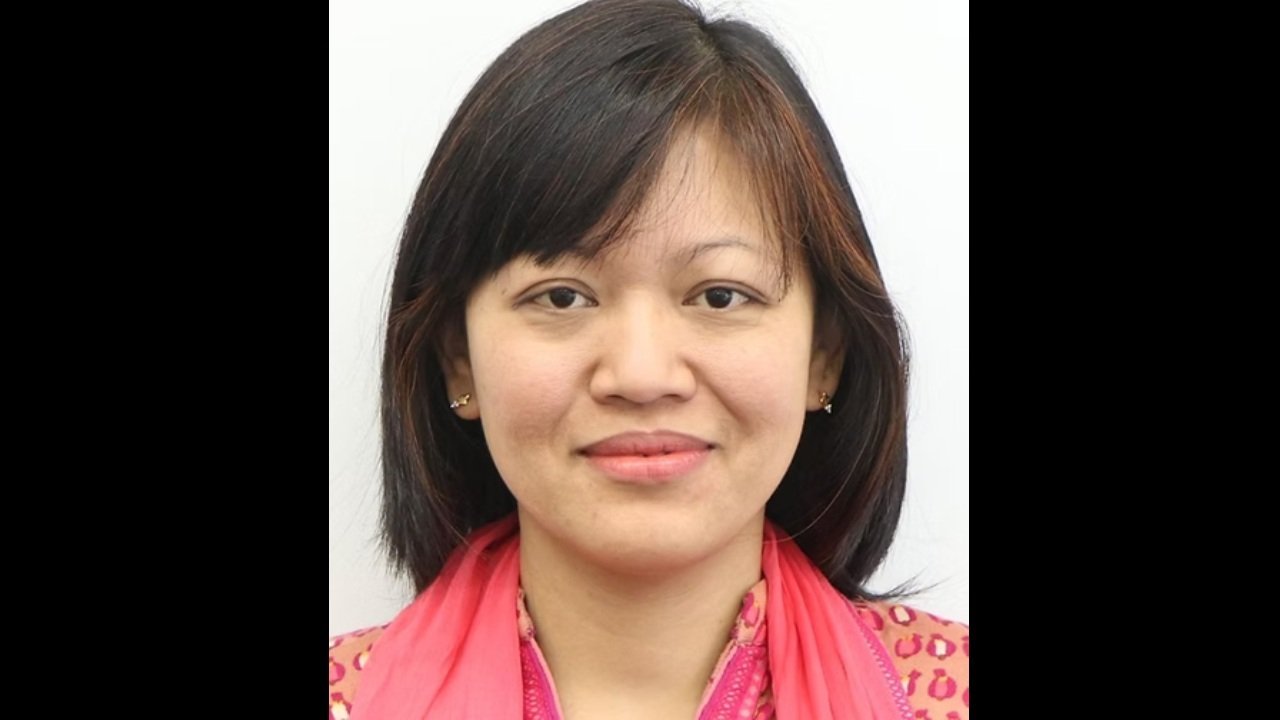-
Paul Kapur confirmed as US Assistant Secretary of State for South and Central Asian Affairs, bringing a rare blend of academic expertise and diplomatic experience to the role
- Paul Kapur, an Indian-origin scholar and foreign policy expert, has been confirmed as the US Assistant Secretary of State for South and Central Asian Affairs in the Donald Trump administration, placing him at the forefront of American diplomacy in one of the world’s most geopolitically sensitive regions, reported timesofindia.indiatimes.com.
Born in New Delhi to an Indian father and an American mother, Kapur’s multicultural upbringing gave him an early appreciation of the complex dynamics shaping South Asia. His career reflects a steady ascent through academia and policy, blending rigorous scholarship with hands-on experience in international strategy.
Kapur began his academic journey at Amherst College, known for its liberal arts excellence, before earning his PhD in political science from the University of Chicago, specialising in security studies and international relations. His education provided the foundation for his deep analysis of nuclear deterrence and regional conflicts — subjects that would later define his professional work.
An accomplished scholar, Kapur serves as a professor at the US Naval Postgraduate School, where he teaches courses on security strategy, nuclear proliferation, and regional geopolitics. He is also a visiting fellow at Stanford University’s Hoover Institution, where he engages in policy research and contributes to dialogues on US foreign policy.
From New Delhi to Washington, S. Paul Kapur’s journey from academic to policymaker embodies the intersection of research, strategy, and diplomacy — now shaping US policy in South and Central Asia
Kapur’s body of work includes several influential books, such as Jihad as Grand Strategy: Islamist Militancy, National Security, and the Pakistani State and Dangerous Deterrent: Nuclear Weapons Proliferation and Conflict in South Asia. He has co-authored India, Pakistan, and the Bomb: Debating Nuclear Stability in South Asia and co-edited The Challenges of Nuclear Security: US and Indian Perspectives (2024). His research highlights Pakistan’s strategic use of jihadist proxies, a subject that has shaped Washington’s understanding of South Asian security dynamics.
Before his latest appointment, Kapur served in the State Department’s Policy Planning Staff during the previous Trump administration, where he focused on Indo-Pacific strategy and US-India relations. His ability to combine theory with practical policy recommendations earned him a reputation as both a sharp analyst and an effective strategist.
Now, as Assistant Secretary of State, Kapur’s leadership will be pivotal in guiding US engagement with India, Pakistan, Bangladesh, Afghanistan, and other regional powers. His role will encompass issues ranging from nuclear stability and counterterrorism to deepening regional cooperation — areas where his academic insight meets real-world urgency.
From New Delhi to Chicago and now to Washington, D.C., S. Paul Kapur’s ascent marks the evolution of a scholar-statesman whose intellectual depth and policy acumen are expected to shape America’s role in one of the most strategically vital regions in the world.











